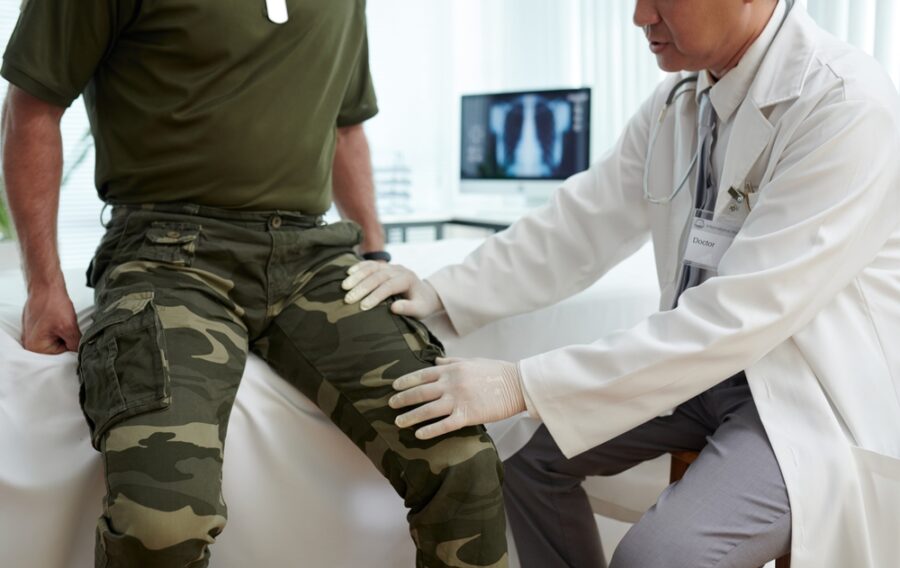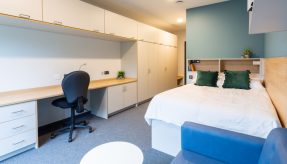A new approach to managing appointments in Defence Primary Healthcare has resulted in a significant 26% reduction in waiting times for Armed Forces personnel. The introduction of Total Triage, a new system designed to streamline healthcare access, is a prime example of how small and medium-sized enterprises (SMEs) are helping to meet diverse defence needs beyond traditional military hardware.
Developed by Strategic Command’s Defence Medical Services, Total Triage has been rolled out across 105 Defence medical centres in the UK. The system aims to reduce unnecessary face-to-face appointments, enabling faster and more efficient access to healthcare for personnel. One of the first medical centres to implement the system reported an astounding 90% reduction in in-person doctor visits, while 70% of patient enquiries were resolved at the first point of contact. These improvements have led to higher patient and staff satisfaction rates, proving that innovative approaches from SMEs can make a significant impact on the delivery of essential services.
A model for future Defence Healthcare
The system works by having patients submit their requests through an online form or by calling the medical centre. These requests are triaged and allocated to the most suitable clinician, whether for a phone consultation or, if necessary, a face-to-face appointment with a specialist. Patients are assured of receiving a callback from a medical professional within 24 working hours, ensuring they receive the right care at the right time. This streamlined approach reduces waiting times, unnecessary travel, and the strain on reception staff while improving overall healthcare delivery.
In addition to reducing waiting times, the system has been instrumental in fostering collaboration across regional Defence medical centres. With the establishment of Total Triage hubs at 35 centres and plans for 13 more, the initiative is improving the resilience of Defence healthcare services nationwide. The system has also been instrumental in reducing appointment booking calls in the mornings, freeing up staff to provide faster treatment.
SMEs driving innovation in Defence Healthcare
The Total Triage system is inspired by the NHS’s successful model used during the COVID-19 pandemic, demonstrating how SMEs can innovate to support broader Defence healthcare goals. Flight Sergeant Chris Workman MBE, the Project Lead for Total Triage, highlighted how the initiative has not only improved patient outcomes but also boosted staff morale, with healthcare professionals enjoying a wider range of consultations and developing a stronger sense of teamwork.
Wider defence health improvements: The rof SMEs
This initiative is part of a larger programme focused on improving primary healthcare for the Armed Forces, including SMS appointment reminders and practices combining to increase access to medical resources. As SMEs continue to innovate in diverse areas like healthcare management, logistical support, and equipment provision, their contributions are transforming the Defence sector, ensuring that personnel receive the right care when and where they need it most.
In a statement, Air Vice Marshal Dave McLoughlin, Director of Defence Healthcare, commended the success of Total Triage, noting it as a “game-changer” for Defence healthcare. He acknowledged the dedication of teams delivering the system and emphasized the positive impact it has had on patient satisfaction and healthcare efficiency.
As Defence continues to evolve, it’s clear that the expertise and innovation from SMEs will play an increasingly crucial role in enhancing the wellbeing of Armed Forces personnel across a wide range of sectors—medical care being just one example.
If you would like to join our community and read more articles like this then please click here









